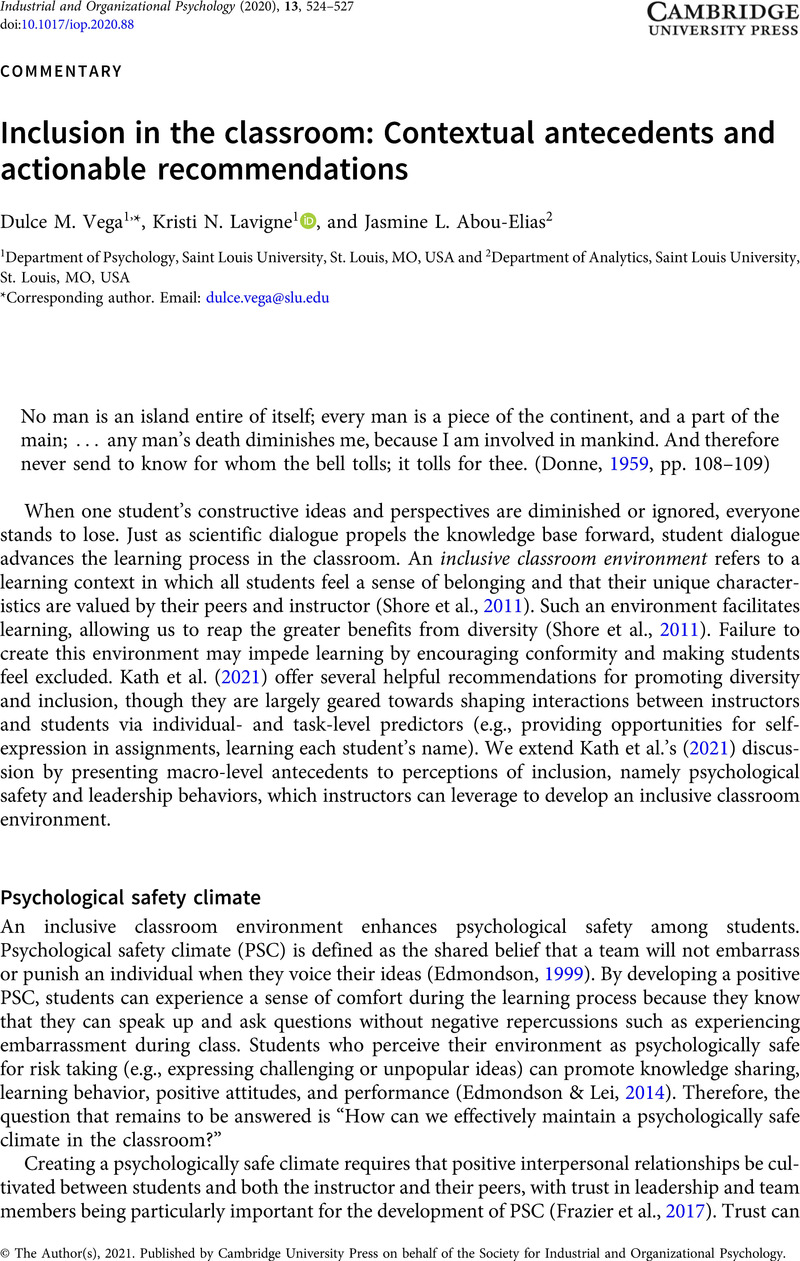Crossref Citations
This article has been cited by the following publications. This list is generated based on data provided by Crossref.
Liu, Joseph T.
Breidenthal, Amy P.
and
Schaffer, Bryan
2023.
Let’s All Go to the Movies, Together: A Social Cognitive Perspective on Diversity, Equity, and Inclusion in Management Education Video Clips.
Management Teaching Review,
Vol. 8,
Issue. 4,
p.
389.



